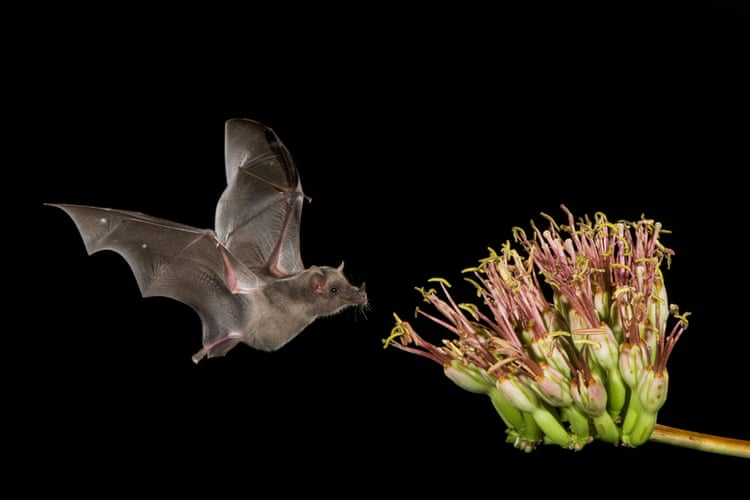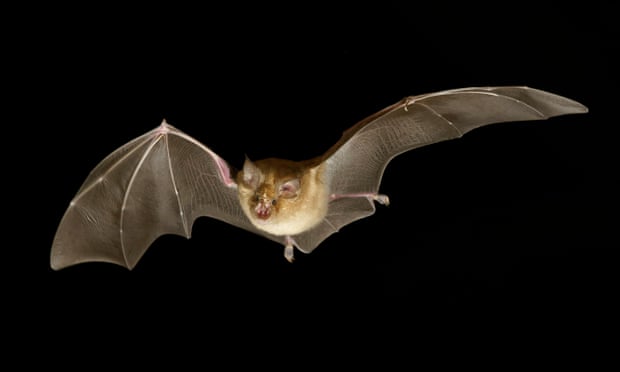While many people wouldn’t choose to have bats roosting in their property, they can make their home in your house more often than you might realise. Sheds are often a popular setting for bats, along with lofts. If you think that you might have bats present in your shed, then it’s worth learning more about how to handle this situation as bats are a protected species in the UK. This means that it is illegal to destroy or disturb the bats or their habitat, even if it is on your property. If you suspect that some kind of wildlife has set up home in your shed and think that it might be bats, here are some of the main signs to look out for.
Visible Bats
One of the most obvious signs that you have bats living in the shed is visible bats. You might not see them a lot, however, as bats are quite nocturnal and usually only come out at night, when you’re asleep. But if you wake up really early or go to bed quite late, you might catch the bats at certain times, like sunrise and sunset. If during these times you’re seeing a lot of bats in your garden or around other areas of your home, then chances are that they have roosted in your shed, or other parts of your property. To be sure, you might want to book a survey from Batsurveys, who are professional bat surveyors. This may also be worth doing if you want to build a new shed or carry out other types of construction work in the area that might disturb any potential bats.
Weird Noises
If you’ve been sitting in your garden relaxing with a book in the sun and have heard some strange noises coming from your shed, then it might be a sign that bats have made it their home. If you hear weird noises coming from the shed that can’t be easily explained away, then don’t ignore them. Sometimes it might be simply the fact that your shed is quite old and is settling and creaking while it does so, but in other cases, you might have a family of bats that have moved in. Either way, a prompt investigation will help you determine if there are bats and what you should do about it, or if there’s another problem that you need to be aware of.
Ammonia Scent
If you are in the garden near your shed and getting a whiff of ammonia even if you’ve not been using any ammonia-based cleaning products, then there might be bats around. Bat droppings can often have a distinct ammonia scent to them, so if you’re getting this odour in the garden even though you’ve not been using any cleaning products that might cause it, then it’s probably a nearby bat roost.
Squeaking Sounds
High-pitched squeaking sounds coming from your shed can’t be ignored as a sign of bats. This is especially true if these sounds tend to occur during the evening and throughout the night, when bats are most active. Chances are that even if your shed is filled with a bat colony, you’re not going to hear a lot during the day. So, listen out for sounds at night-time.
Bat Droppings
While finding a bat dropping occasionally in your garden or around your property might not always mean that bats have set up a home in your shed or elsewhere in your home, especially if you live in an area where there are lots of bats around, it might be a cause for concern if you are finding a lot of them or finding them very frequently. Since bats tend to leave their droppings far away from their nests, the fact that you’re not finding any bat droppings around the shed, but there are quite a lot elsewhere on your property, could mean that you have bats in the shed. If not, it’s probably a certainty that one of your neighbours does.
How to Deal with Bats in Your Shed
If you suspect or have found bats living in your shed, then professional help is recommended. While bats living in the shed might not be a convenient thing to deal with, there is not always a lot that you can do about it, since bats are a protected species by law in the UK and it’s illegal to move them unless you are a professional with a good reason. If you can, the best thing to do is simply leave the bats be and hope that they eventually find a new roost; however, don’t count on this as they can be quite loyal to their homes.
How to Avoid Breaking the Law
Bats and their roosts are protected by law in the UK, so even if there are no bats currently present, if the shed is their roost, then you will need to be careful that you are not taking any actions that could be illegal. It is against the law to use measures such as ultrasonic devices to deter bats away or force them to move away from your property. If you want to encourage the bats to move on, then you might want to hire a professional to set up bat boxes that are legal to use to try and get the bats to move elsewhere, although it’s worth bearing in mind that this will not always work.
Co-Existing with Bats
If the bats aren’t bothering you on a daily basis and you don’t have construction work planned that might disturb them, the best thing you can do is co-exist with the bats. Simply allowing them to continue living where they are and not bothering them is the easily option. Bats are only usually present during the summer, and since they are nocturnal, you’re unlikely to have any contact with them whatsoever during the day. They are also very unlikely to pose any kind of health risk.
If you’ve been hearing strange noises, seeing unusual things or there is a weird smell coming from your shed, then it might be worth checking it out for bats.






Leave a Reply